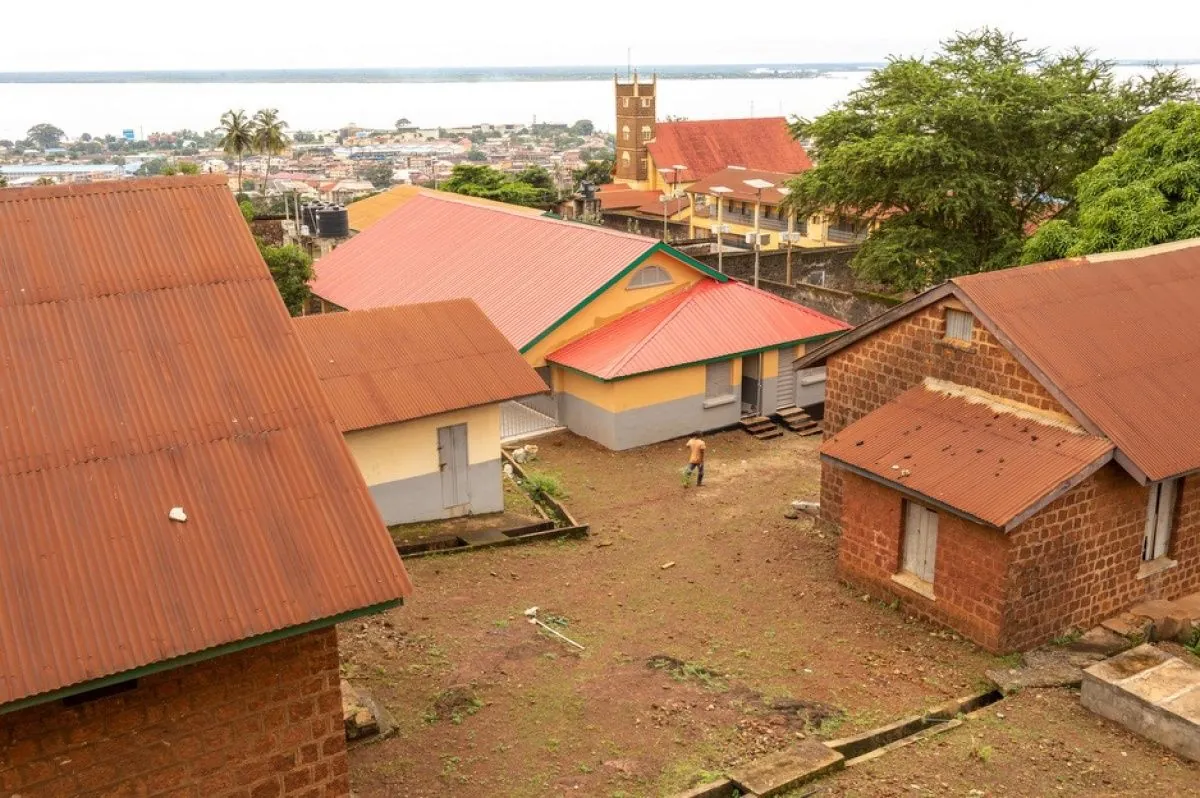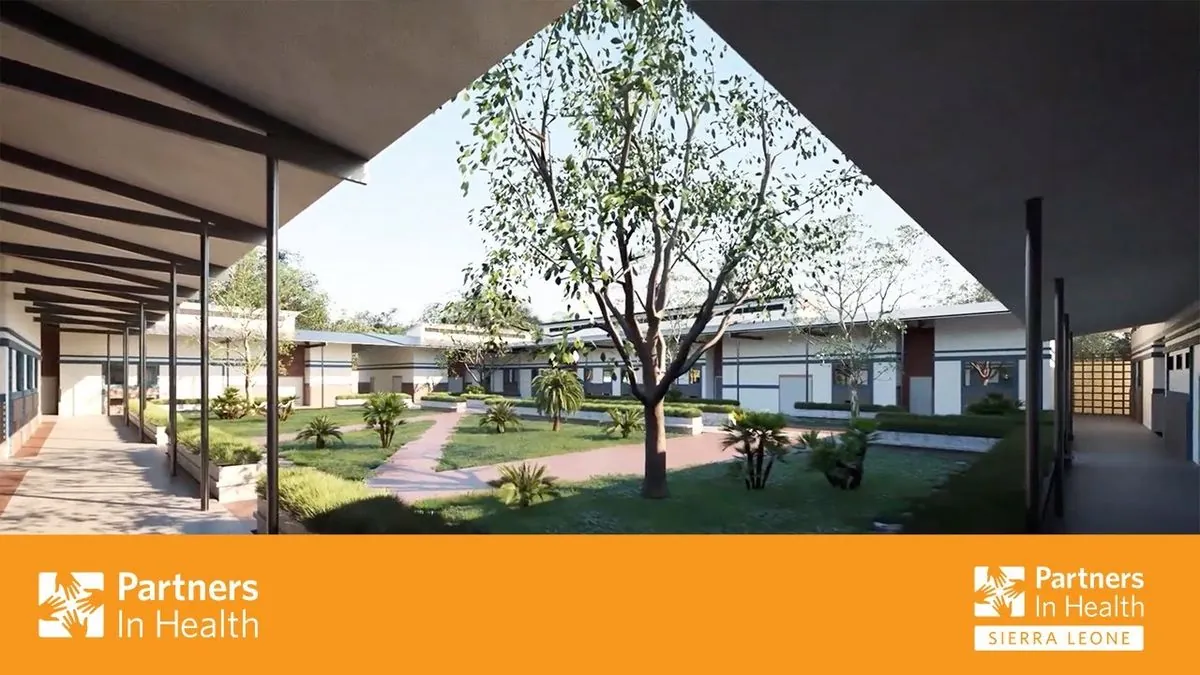Sierra Leone's Lone Psychiatric Hospital Transforms Under Dr. Jalloh's Leadership
Dr. Abdul Jalloh revolutionizes Sierra Leone's only psychiatric hospital, abolishing patient chaining and expanding staff. Despite progress, the country faces ongoing mental health challenges and resource limitations.

Dr. Abdul Jalloh has spearheaded a remarkable transformation of Sierra Leone's sole psychiatric facility over the past six years. As the country's only practicing psychiatrist when he assumed leadership, Jalloh has implemented significant changes that have reshaped the hospital's reputation and services.
The facility, originally known as the "Crase Yard" or yard for mentally ill individuals, has been rebranded as the Sierra Leone Psychiatric Teaching Hospital. This change reflects the institution's evolving role in mental health care and education in the West African nation.
Jalloh's initiatives have included:
- Eliminating the practice of restraining patients to their beds
- Recruiting new talent with support from a U.S.-based nonprofit
- Expanding the staff to 135, including three psychiatrists and seven doctors in a residency program
- Adding specialized mental health nurses, addiction professionals, and therapists

The hospital's transformation is evident in its improved atmosphere. Patients now engage in activities like football games in the courtyard, a stark contrast to the facility's previous conditions.
"We have been able to change the face of this infrastructure. From a place that people were ashamed to bring their family members, a place that even health workers were afraid to come and work ... to a place that the country is proud of."
Despite these advancements, Sierra Leone continues to face significant mental health challenges. The country's population of approximately 8 million still bears the scars of a civil war that lasted from 1991 to 2002, resulting in over 50,000 deaths. Widespread unemployment, poverty, and a low life expectancy of around 54 years contribute to mental health issues and substance abuse problems.
The country's mental health infrastructure remains limited outside the capital, Freetown. While the Ministry of Health established mental health units in all 14 districts nearly a decade ago, many are not fully functional due to resource constraints. Traditional healers and religious figures often fill the gap in mental health care, as many conditions are associated with spiritual beliefs.
Sierra Leone's mental health services face systemic challenges, including outdated legislation. The 1902 Lunacy Act, which stigmatizes mental health issues and restricts patients' rights, remains in effect, hindering funding and resource allocation.
The government, in collaboration with international organizations, is taking steps to address these issues. In June 2024, 50 healthcare workers completed a World Health Organization training program aimed at improving mental health care delivery.
Dr. Jalloh's journey from medical student to transformative leader has not been without personal challenges. The increasing rates of addiction, particularly to a locally produced drug called kush, have taken a toll on his own well-being. Despite the progress made, the hospital continues to face security issues and resource limitations in addressing the addiction crisis.
As Sierra Leone works towards implementing universal health coverage, the transformation of its psychiatric hospital serves as a beacon of hope. However, the country's ranking of 182 out of 189 on the Human Development Index underscores the ongoing challenges in healthcare infrastructure and access that must be addressed to ensure comprehensive mental health care for all citizens.


































